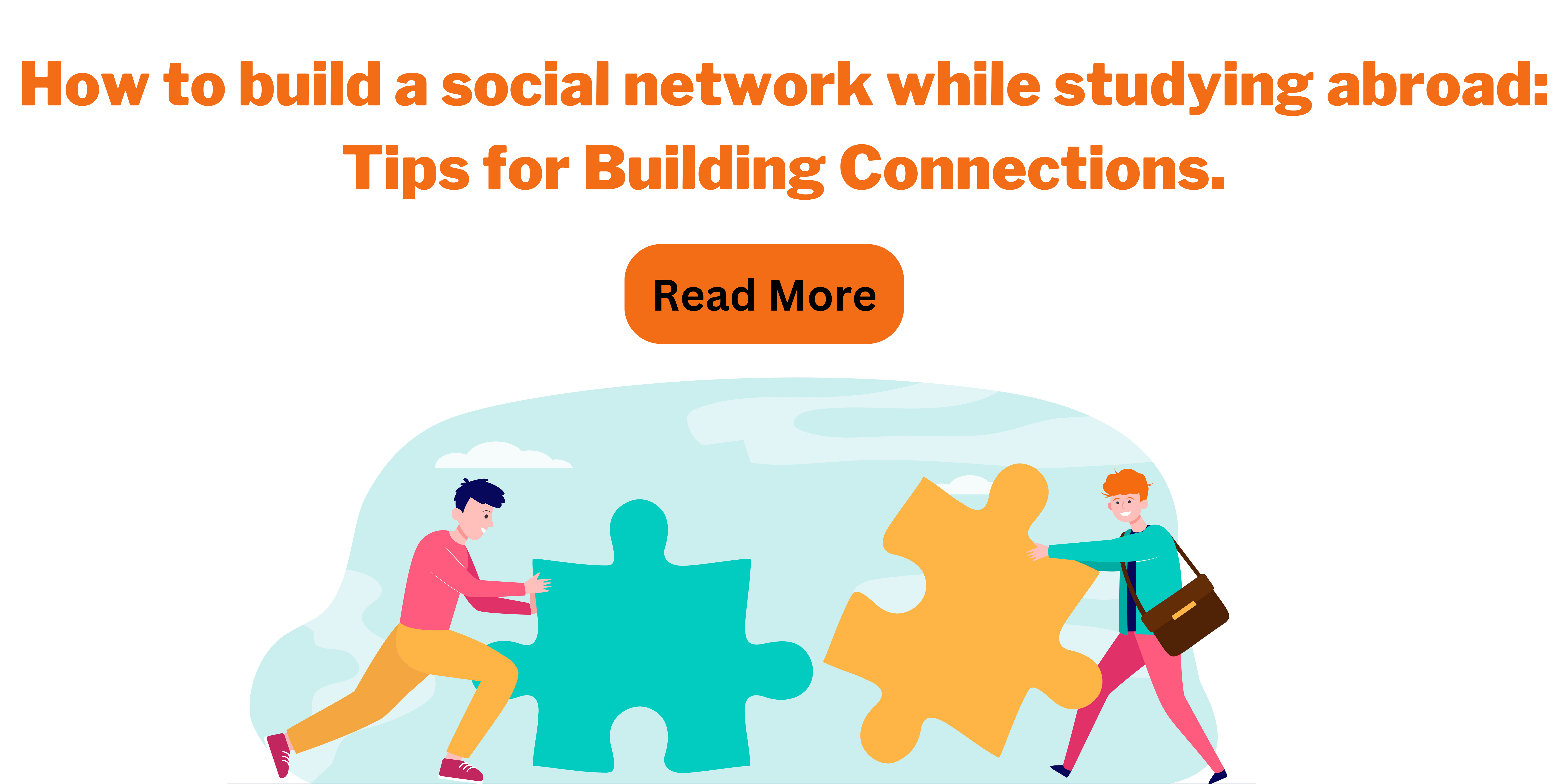Smart Budgeting for Studying Abroad: A Practical Guide
Studying abroad is an exciting adventure that comes with its own set of challenges, one of the most significant being managing your finances wisely. Making the most of your experience without going over budget requires careful budgeting. We’ll go over the essentials in this helpful guide to help you manage the financial side of studying abroad.
1. Research Your Destination
Start by researching the cost of living in your chosen destination. Consider accommodation, food, transportation, and other daily expenses. Understanding the local currency and lifestyle will give you a realistic perspective on how much you need to budget. Researching the lifestyle and cultural norms provides a realistic picture of what to expect.
2. Make a thorough financial plan.
Make a list of every item you expect to incur, such as transportation, entertainment, utilities, groceries, lodging, and tuition. Set defined sums to every category, keeping in mind that certain expenses could change every month. This detailed schedule will act as your guide during your visit.
3. Look into Scholarship Programs
Examine the awards and scholarships that your host nation, local businesses, and your university provide. Making a financial aid application will greatly reduce your financial load. To increase your chances of receiving help, do your research and apply well in advance. This can be the most effective budgeting tip
4. Open a Local Bank Account
Opening a bank account in your host country can help you avoid unnecessary fees and currency conversion charges. Research local banks, compare their services, and choose one that best suits your needs. By taking this move, you’ll simplify your financial transactions and improve the convenience of budget management.
5. Take up economical living
Become thrifty to maximize your spending. Utilize public transit, cook at home rather than eating out regularly, and take advantage of student discounts. Your total spending might be significantly impacted by little changes, making your study abroad life easier
6. Keep an Eye on Your Bills
Pay careful attention to how you spend your money. To keep track of your spending, make a spreadsheet or use budgeting applications. It will be easier for you to find areas where you can make savings and stick to your budget if you regularly analyze your financial habits.
7. Make an emergency plan
A portion of your budget should be set aside for unanticipated expenses. An emergency fund can act as a safety net for your finances, preventing unforeseen costs from ruining your study abroad experience.
8. Look for Part-Time Work
Look into part-time jobs that fit into your educational schedule. International students are permitted to work a specific amount of hours per week in many countries. You can improve your overall experience and have extra money to pay for personal expenses by working a part-time job.
9. Utilize the Resources Available to Students
Resources for managing funds are frequently provided by universities to their students. Participate in workshops or consult with on-campus financial counselors for advice. They can offer insightful advice and pointers catered to your particular circumstance.
10. Make Smart Travel Plans
While studying abroad is enhanced by travel, it can also put a strain on your finances. Make thoughtful travel plans and select reasonably priced travel and accommodation. You can also reduce costs by traveling in a group.
Finally, learning how to budget wisely is a skill that can help you make the most of this life-changing event while also sustaining you during your time overseas. Your academic and personal journeys will benefit from studying abroad if you plan, do your homework, and maintain strict money management practices










